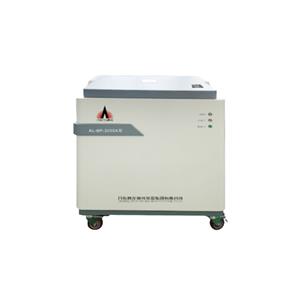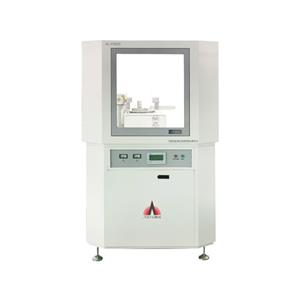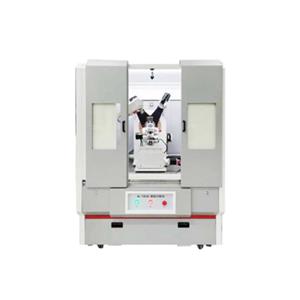What is pipe testing? What are the project contents?
The testing items for pipes include density, melt mass flow rate, hydrostatic pressure, ring stiffness, flatness, ring flexibility, thermal stability, volatile content, moisture content, carbon black content, carbon black dispersion, pigment dispersion, gas resistance, rapid crack growth resistance, component analysis, and component content testing。
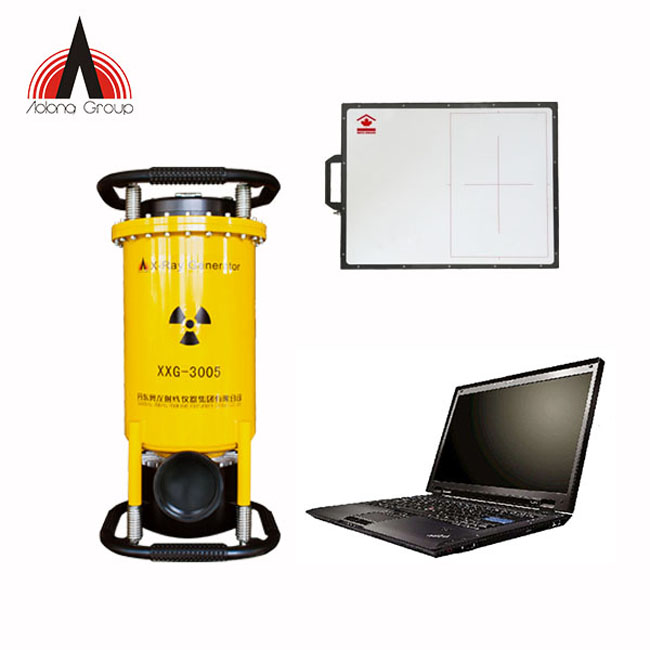
Pipes are materials used to manufacture pipe fittings. The quality of pipelines directly determines the quality of fittings. The heat pipe testing products include: PPR pipes, PVC pipes, UPVC pipes, copper pipes, steel pipes, fiber pipes, composite pipes, galvanized pipes, hoses, reducers, water supply pipes, etc. Pipes are materials used to manufacture pipe fittings. The quality of pipeline testing directly determines the quality of pipe fittings. The heat pipe testing products include: PPR pipes, PVC pipes, UPVC pipes, copper pipes, steel pipes, fiber pipes, composite pipes, galvanized pipes, hoses, reducers, water supply pipes, etc.
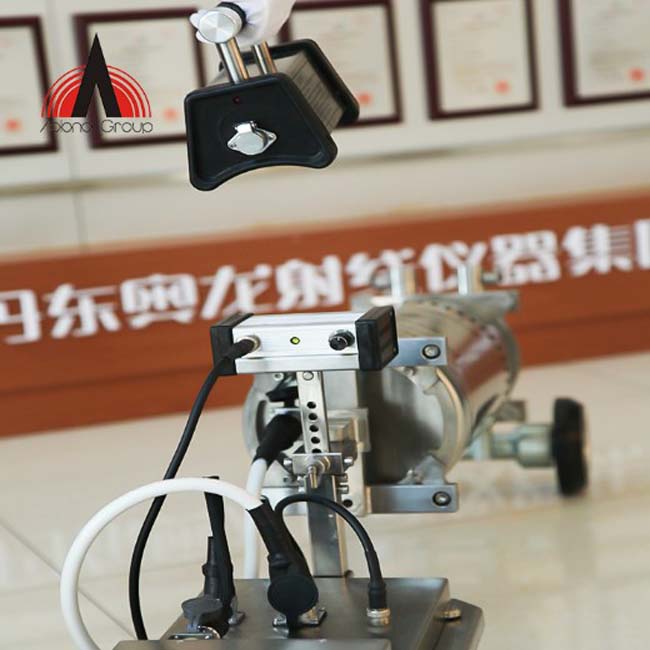
Pipe material testing is necessary for construction projects, such as water supply pipes, drainage pipes, gas pipes, underfloor heating pipes (PP-R pipes, etc.), wire pipes, rainwater pipes, etc. With the development of science and technology, pipelines used for home decoration have also gone through the development process of ordinary cast iron pipes → cement pipes → (reinforced concrete pipes, asbestos cement pipes) → ductile iron pipes, galvanized steel pipes → plastic pipes and aluminum plastic composite pipes. Common pipelines include: water supply pipelines: Currently, the common water supply pipelines in the market are mainly metal pipelines and plastic pipelines. Metal pipes mainly consist of steel pipes, while plastic pipes include single material plastic pipes (including unplasticized polyvinyl chloride pipes, polyethylene pipes, cross-linked polyethylene pipes, modified polypropylene pipes, engineering plastic pipes based on nitrile butadiene styrene terpolymer, etc.) and composite pipes (including aluminum plastic composite pipes, galvanized steel pipe lined plastic composite pipes, etc.). Pipelines have been widely used in various aspects of people's lives, and unqualified pipelines directly affect people's quality of life and health. At the beginning of 2014, media exposure revealed that some companies used recycled waste to produce pipes and accessories for drinking water transmission and distribution, which had a negative social impact.
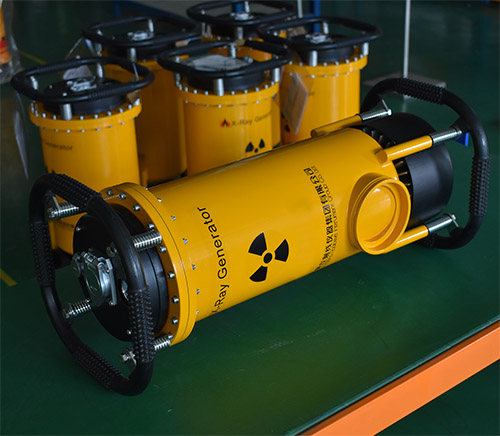
Drainage pipes: steel pipes, cast iron pipes, socket prestressed reinforced concrete pipes, socket prestressed concrete pipes, GPR polyester resin pipes, HOBAS centrifugal cast glass fiber reinforced polyester resin pipes, polyethylene pipes, PVC plastic pipes, etc. Heating and gas pipes: galvanized steel pipes, CPVC plastic pipes, ABS plastic pipes, polyethylene pipes, etc. Wire sleeve: magnetic tube, aluminum plastic composite tube, etc. Rainwater pipes: iron sheet pipes, cast iron pipes, aluminum plastic pipes, polyethylene plastic pipes, etc., with resistance to slow crack propagation, water pressure strength, elongation at break, longitudinal shrinkage rate, ring stiffness, impact performance, ring flexibility, oven test, creep ratio, water pressure test, drop hammer impact, hygiene performance, environmental stress cracking, oxidation induction time detection, Vicat softening temperature detection, composition analysis, composition content detection, etc.

